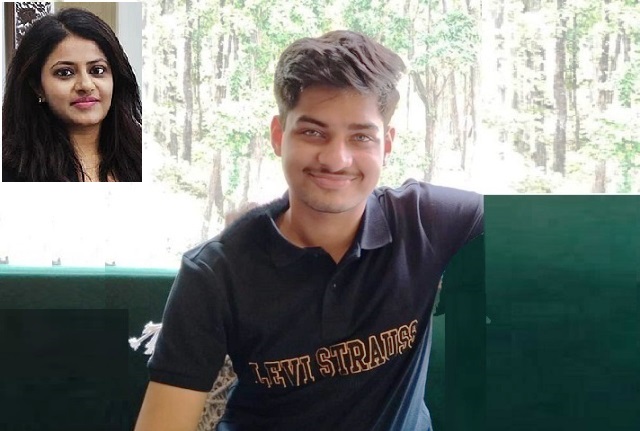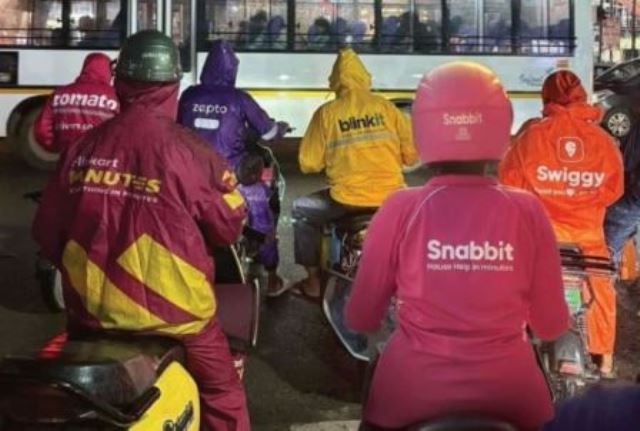
‘Khedkar-Like Scams Affect the Morale of Genuine Civil Service Aspirants’
Dhruv Pawar, an undergraduate, shares his views on the recent UPSC scam and what the government can do to prevent the same in future. His views:
The recent UPSC selection scam involving trainee IAS officer Puja Khedkar has brought to light significant concerns about the integrity of India’s civil services recruitment process. Allegations that disability or caste certificates were manipulated by some candidates to gain an unfair advantage over others have deeply shaken the faith in this esteemed system. This situation not only undermines the foundation of the UPSC but also severely affects the morale of genuine candidates who strive diligently to serve the nation.
Clearing the UPSC exams represents years of rigorous preparation, immense personal sacrifice, and unwavering dedication. When fraudulent candidates manipulate the system to secure positions, it disheartens genuine aspirants. These sincere candidates are left questioning the fairness of the system they believed in and dedicated themselves to. This not only creates an atmosphere of distrust but also dilutes the quality of public service, as the positions meant for the most competent individuals are occupied by those who may not necessarily possess the required qualifications and integrity.
Moreover, such instances of fraud can lead to broader societal disappointment. If the public perceives that even the most prestigious selection process can be compromised, it erodes trust in public institutions and governance. This is particularly damaging in a country like India, where the civil services play a crucial role in administration and development.
ALSO READ: ‘Paper Leaks Can Inflict Mental Trauma On Aspirants’
I feel that the government must take strict action to prevent such scams in future. Verification of all submitted certificates is a must. A robust and multi-tiered verification process for disability and caste certificates is essential. Cross-referencing with multiple databases, such as those maintained by medical boards and social justice departments, can ensure that certificates are authenticated by verified authorities, minimizing fraudulent entries.
Implementing block-chain technology for certificate issuance and verification can enhance transparency and security. A block-chain’s immutable nature ensures that once a certificate is issued, it cannot be tampered with, significantly reducing the possibility of fake certificates being used.
The candidates must be aware of the strict legal consequences in case of fraud. This includes revocation of the fraudulent candidate’s appointment and prosecution under relevant sections of the law. Deterrent punishments will discourage others from attempting similar frauds. Also, conducting random audits of selected candidate’s certificates and backgrounds can serve as a preventive measure. Knowing that their documents could be scrutinized at any time might deter candidates from submitting false information.
The reservation system itself may need reforms to ensure it serves its intended purpose without being misused. Regular reviews and updates to the criteria and processes involved in issuing caste and disability certificates could be beneficial. With technology so advanced these days, leveraging technology in the examination process, such as biometric verification and AI-based monitoring during exams, can ensure that the candidates appearing for exams are indeed who they claim to be. It would be a test for their merit.
The UPSC selection scam is a stark reminder of the vulnerabilities in even the most respected systems. It underscores the need for continuous vigilance, robust verification mechanisms, and unwavering commitment to integrity in the recruitment processes. While it is crucial to bring the culprits to justice, it is equally important to ensure that such incidents do not happen again.
The government must adopt a multi-faceted approach, combining technological advancements with strict enforcement and public involvement, to safeguard the sanctity of the civil services examinations. By doing so, it can restore faith among genuine candidates and uphold the fairness that is the bedrock of the UPSC.
As told to Deepa Gupta
For more details visit us: https://lokmarg.com/



